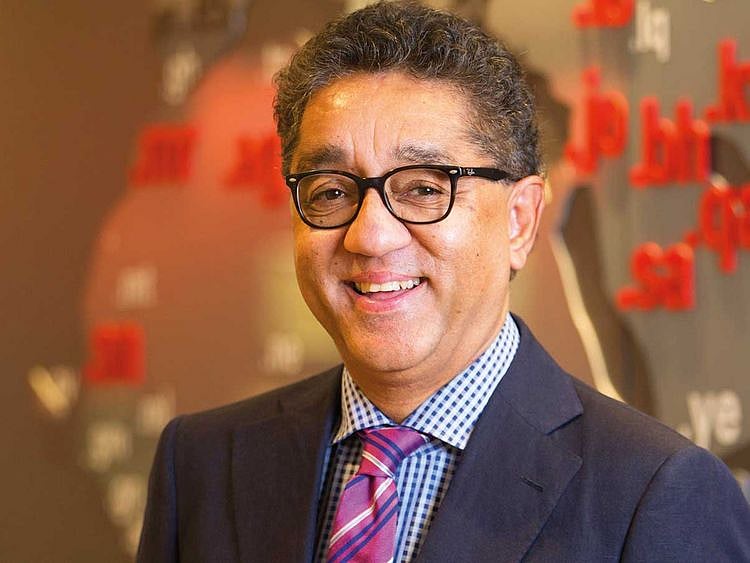Oracle consolidates cloud lead with Abu Dhabi data centre
SAP and Amazon already have facilities here while Microsoft will soon have two

Dubai: Oracle has opened a data centre in Abu Dhabi as it bids to grab a bigger share of the region’s cloud computing transition. This is the US software giant’s 29th worldwide. Etisalat is providing the infrastructure.
Oracle had announced plans for the Abu Dhabi facility in January 2016, but the roll-out was delayed due to modernisation and legislation. Global vendors such as SAP, Alibaba Cloud and Amazon already have data centres in the UAE, while Microsoft is set to open its first ones in the region in Dubai and Abu Dhabi.
Oracle is also planning another facility in Saudi Arabia.
“Cloud has democratised technology and small-to-medium businesses are now able to do much more with limited resources,” said Arun Khehar, senior vice-president of applications at Oracle Eastern Central Europe, Middle East and Africa. “About 77 per cent of our customers are on the cloud and we expect to attain 100 per cent in the next three years. We are the largest cloud player in the region today.
“We have over 2,000 cloud customers in the region and adding around 200 new customers every quarter.”
According to Khehar, there will be greater regional opportunities for Oracle for three key reasons — the Smart City and Expo 2020, Saudi Arabia Vision 2030, and Abu Dhabi Vision 2030.
Oracle claims to have 600 applications on the cloud and Khehar said no other player had “this kind of width”.
”Initial investments made by our customers was in one or two product areas, but now, in the last year and a half, the mindset has changed and the strategy is to get complete transformation across product suites into the cloud. It will be good to have a local data centre in a bid to cater to the public sector.”
Amazon Web Services to open data centres in Bahrain
Amazon Web Services (AWS) is on track to open a cluster of data centres in Bahrain in the first-half of the year.
AWS opened an office in Bahrain in 2017 and is set to open a bigger one on Sunday. “What we are opening in Bahrain is three or more data centres isolated from each other and that can withstand the failure of each other,” said Vinod Krishnan, Middle East head at AWS.
In the UAE, AWS has two smaller data centres — DataMena and Smart Hub — as nodes and operational since August last year.
“Each availability zone is led by different power sources and networks,” said Krishnan. “Even if one availability zone goes down, then others will be able to work for a customer without any incremental cost and can spread their applications across any zones.”
Sign up for the Daily Briefing
Get the latest news and updates straight to your inbox
Network Links
GN StoreDownload our app
© Al Nisr Publishing LLC 2026. All rights reserved.